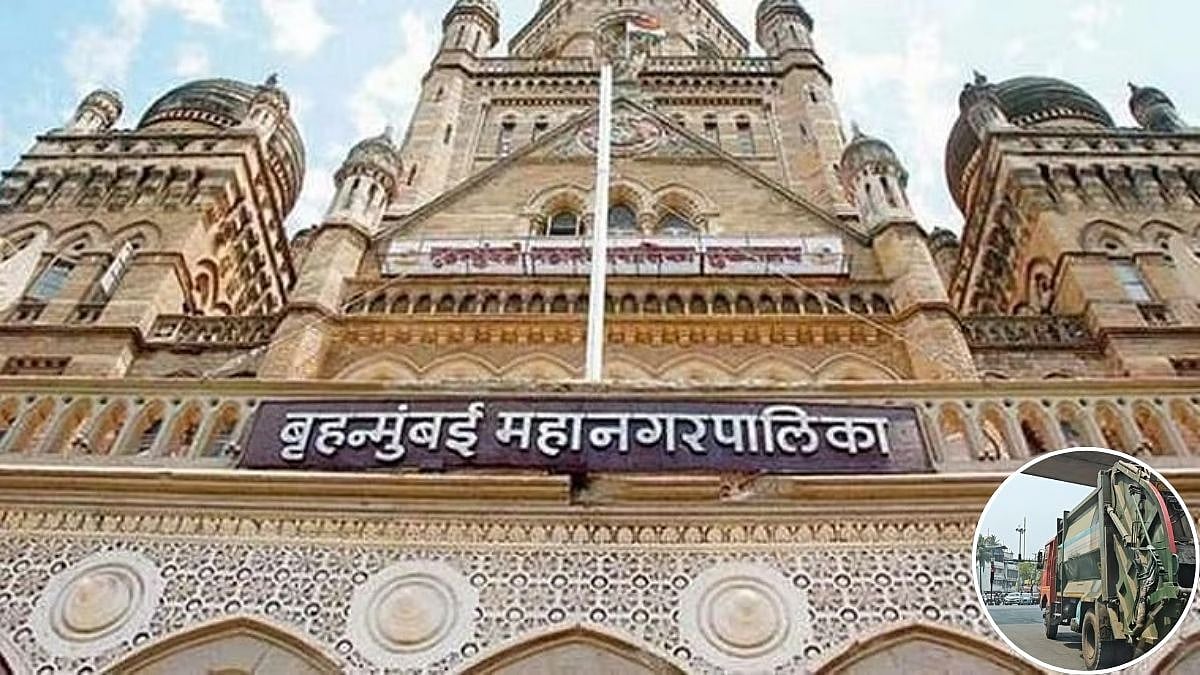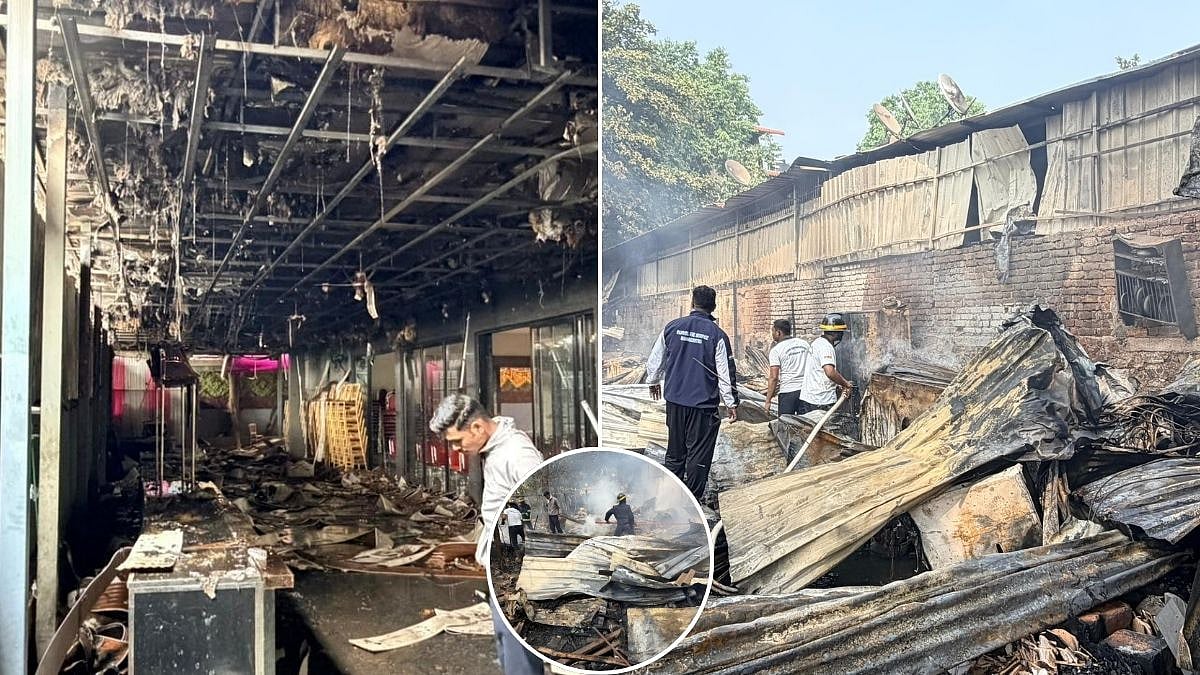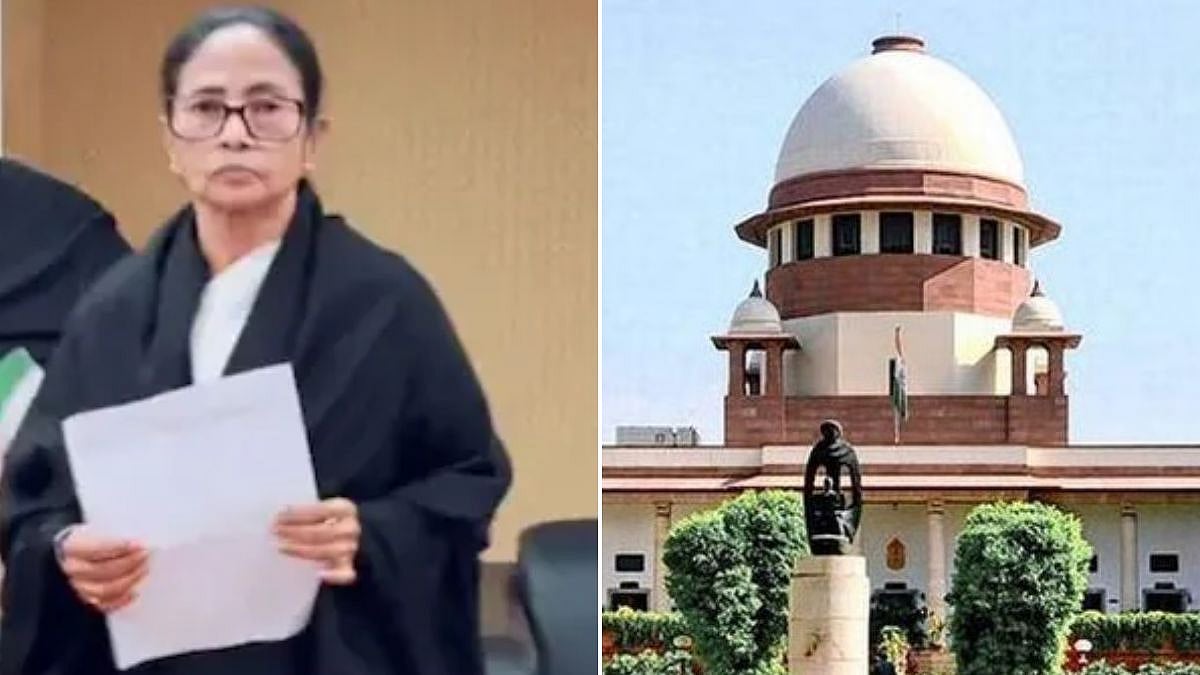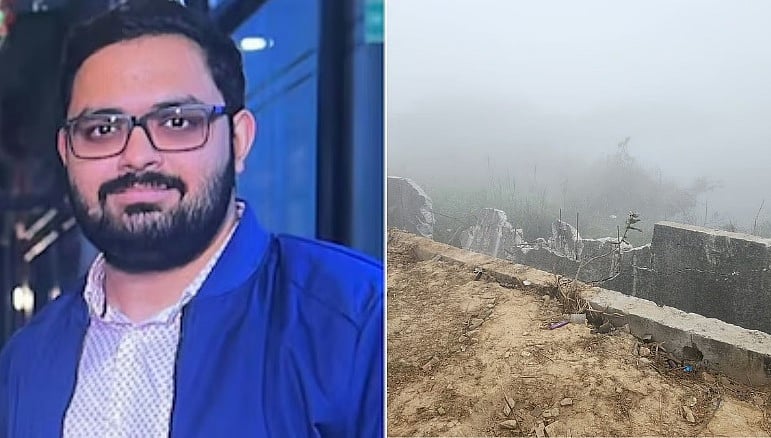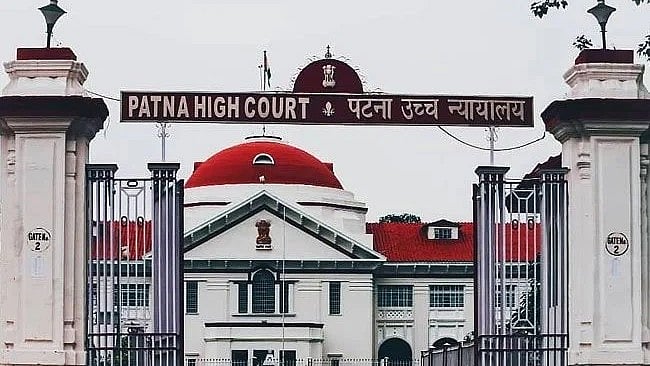The Maharashtra government this week issued a circular bringing back examinations at the level of Classes 5 and 8 for the students to move up to the next class. This was enabled after the central government amended the Right to Education Act of 2009 earlier this year granting states the authority to reintroduce exams to promote students to the next level. The RTE Act advocated a no-detention policy till Class 8 which meant that students could not be detained till that level and their performance in the exams, even if held by schools, would not determine their progress from one level to the next. This now stands annulled in Maharashtra; schools will have to reintroduce exams at Classes 5 and 8 to decide if students can move to the next class. Students will have two attempts at each level to clear the exams.
The jury is out on whether this will aid or take away from the learning; as is to be expected, there are advocates on both sides of the debate with compelling arguments. It is also well-known that exam anxiety or stress contributes to a host of mental health issues in children even before they reach the teenage years and, at its extreme, exam anxiety or exam performance has led students to take the extreme step of dying by suicide. The principle that learning should occur, especially in their younger years, without the pressure of writing exams or fearing exam results is a noble one and it needs to be upheld. This, to an extent, informed the no-detention policy.
Yet, the fact that students were not tested on their learning raised other issues such as moving up classes without a measurement of capabilities or learning, non-comprehension of core concepts, not building the skill of answering questions within a time frame, and encouraging a lackadaisical attitude. The no-exam approach also rewarded those who did not substantively learn. A considered approach may lie, as it usually does, between the two extremes. There are convincing arguments now to introduce or seriously adopt the system of continuous comprehensive assessment throughout the academic year where the students are tested in mini-exams or on projects for most of the total marks, leaving a small component of say 25 out of 100 marks for the final exams. The state government would do well to consider this.


